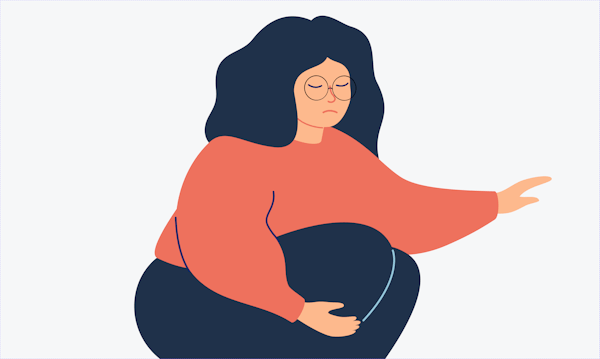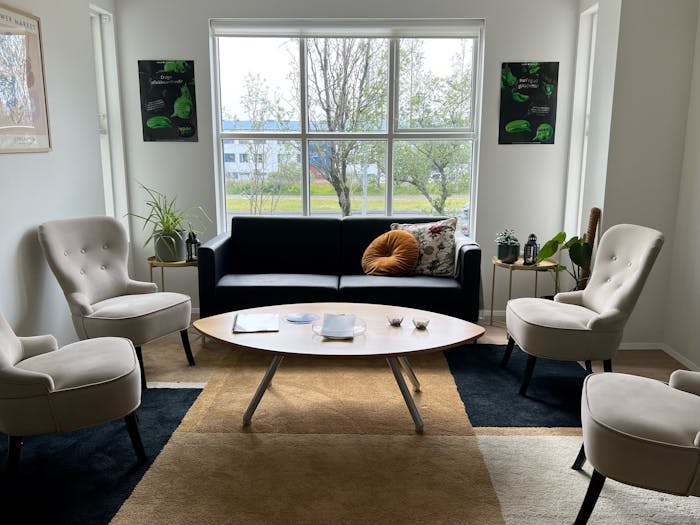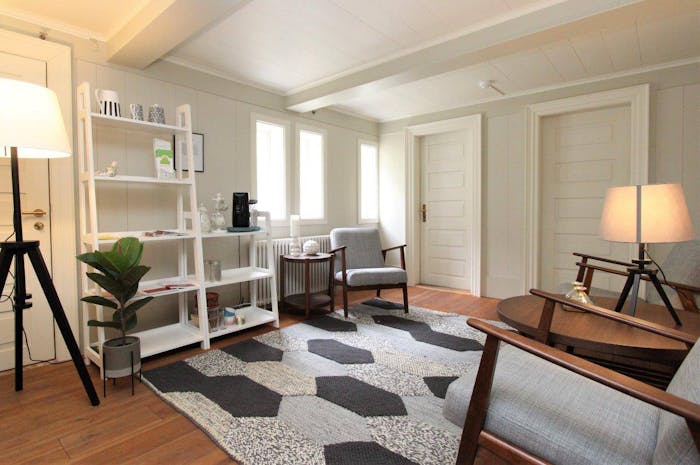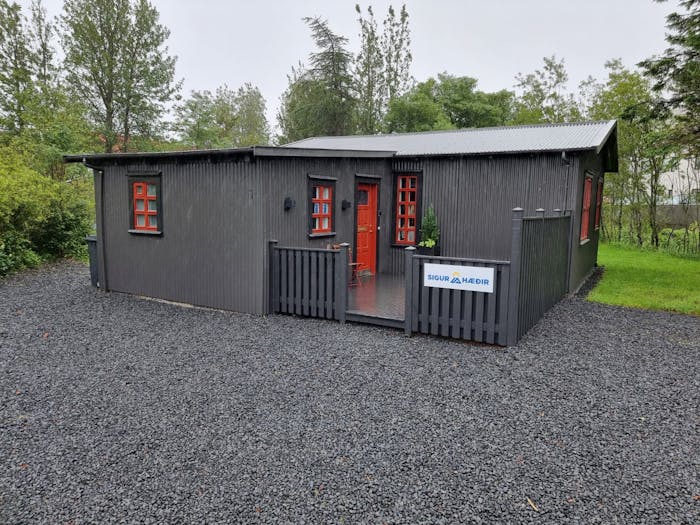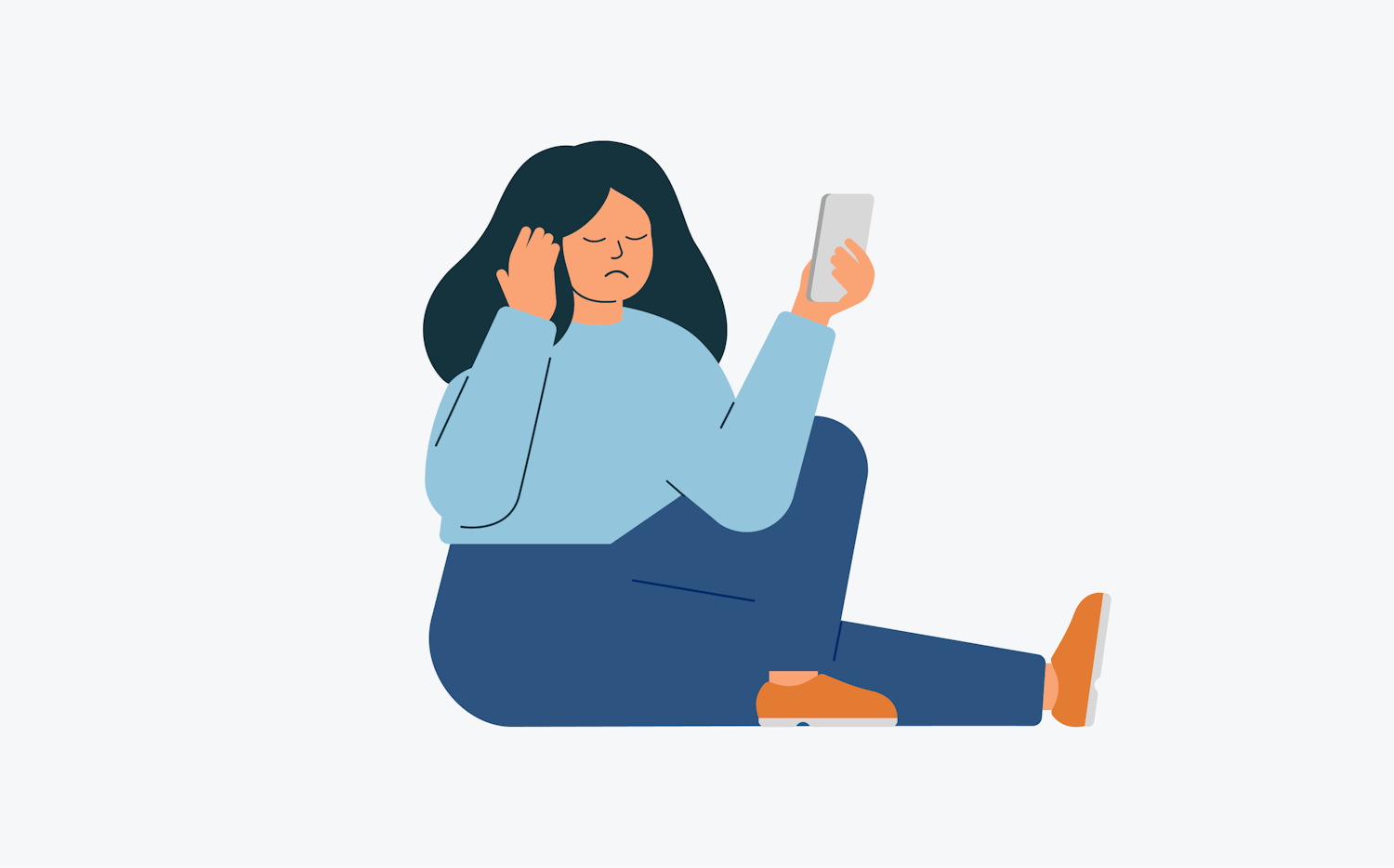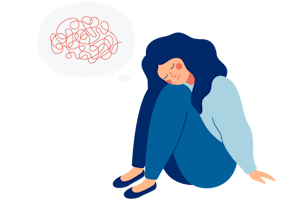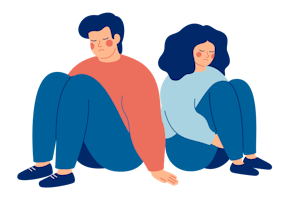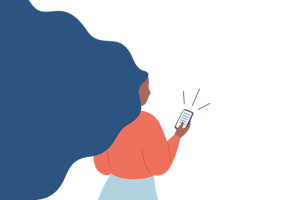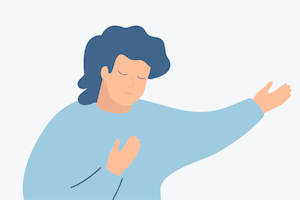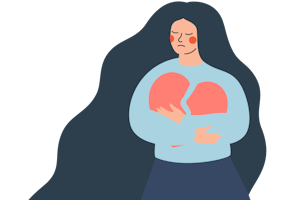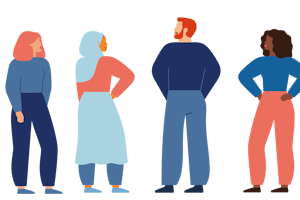Stalking
The Icelandic term for stalking is “umsáturseinelti,” while the word for stalker is “eltihrellir.” Stalking is when someone harasses you repeatedly with unwanted attention or communication. The behaviour is often incessant, does not stop even if you request it, and can make you feel as if you can’t escape it.
The behaviour is sometimes nice at first but becomes more aggressive and even violent over time. Sometimes stalking is part of abuse in an intimate relationship. Like other types of violence, stalking is about control. It creates insecurity and frightens you so that you change your routine and behaviour.

